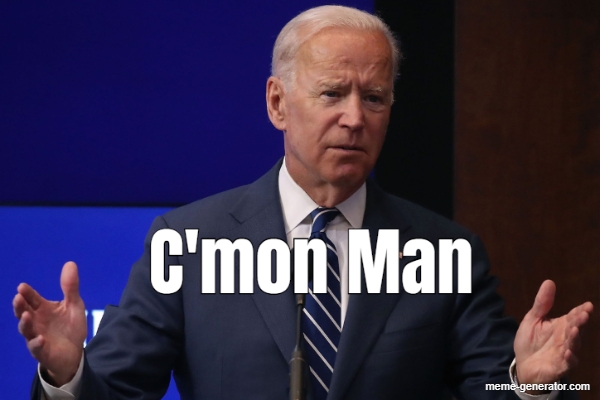TNHarley
Diamond Member
- Sep 27, 2012
- 93,431
- 55,558
- 2,605
- Thread starter
- #421
You keep posting links that discredit what you say in other posts.
Definition of ANARCHY
absence of government; a state of lawlessness or political disorder due to the absence of governmental authority; a utopian society of individuals who enjoy complete freedom without government… See the full definitionwww.merriam-webster.com
1
a
: absence of government
b
: a state of lawlessness or political disorder due to the absence of governmental authority
the city's descent into anarchy
c
: a utopian society of individuals who enjoy complete freedom without government
2
a
: absence or denial of any authority or established order
anarchy prevailed in the war zone
b
: absence of order : DISORDER
not manicured plots but a wild anarchy of nature—Israel Shenker
There are 2 definitions and they both apply.

